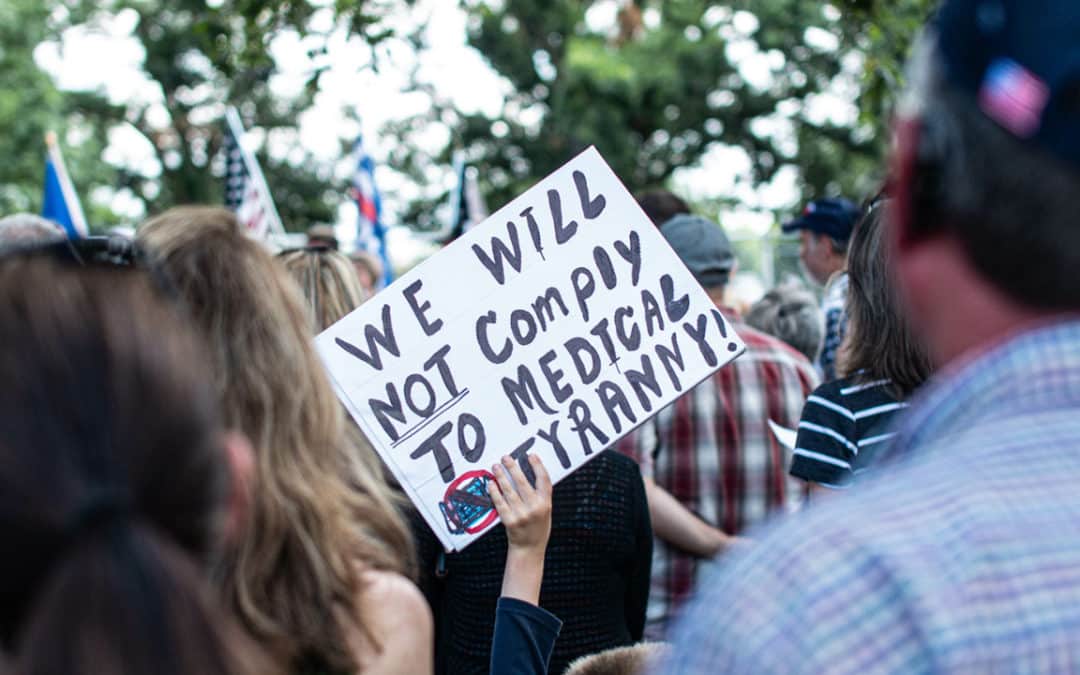
Commerce Clause


The Meaning of “Regulate Commerce” to the Constitution’s Ratifiers: An Update
Constitutional Background The constitutional justification for much of the federal regulatory and administrative apparatus rests on either of two very wide interpretations of Congress’s power over interstate commerce. Modern Supreme Court jurisprudence relies mostly...
New Study Finds Administrative State Unconstitutional
The constitutional basis for most federal regulations is the Constitution’s Interstate Commerce Clause. A new historical study shows, however, that the Interstate Commerce Clause is nowhere near as broad as federal officials claim it is. In other words, much of the...
The Indian Commerce Clause and the ICWA
The federal government has stretched virtually every clause of the Constitution far beyond its meaning, creating more and more power for itself. This is true of the constitutional provisions relating to Native American affairs as well. People often overlook federal...
Will the Supreme Court stretch the Commerce Clause even more?
As you may know, the primary “constitutional” justification for our out-of-control administrative state is a grossly bloated version of the Constitution’s Commerce Power. In a case pending before the Supreme Court, apologists for centralized authority want the...